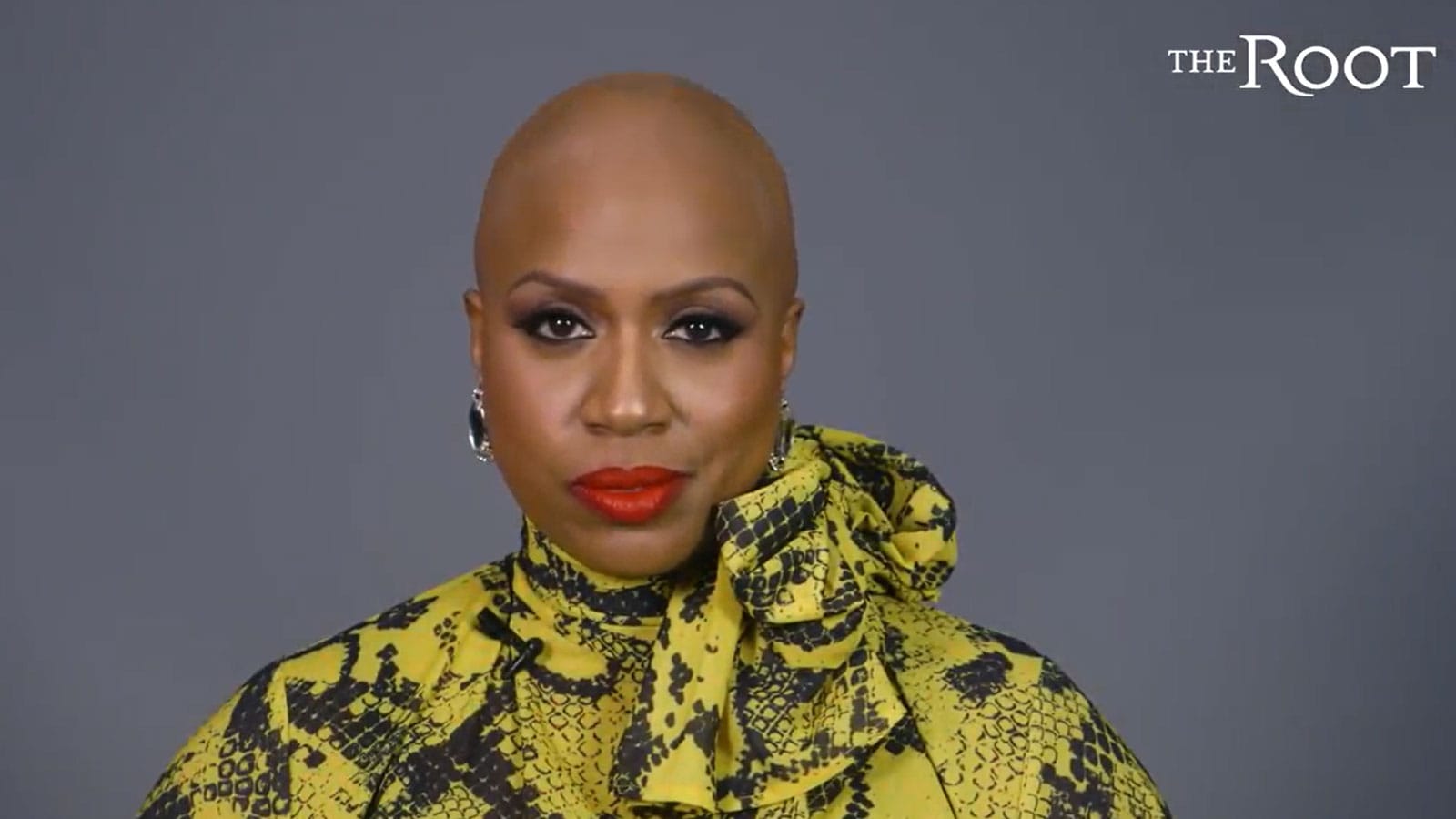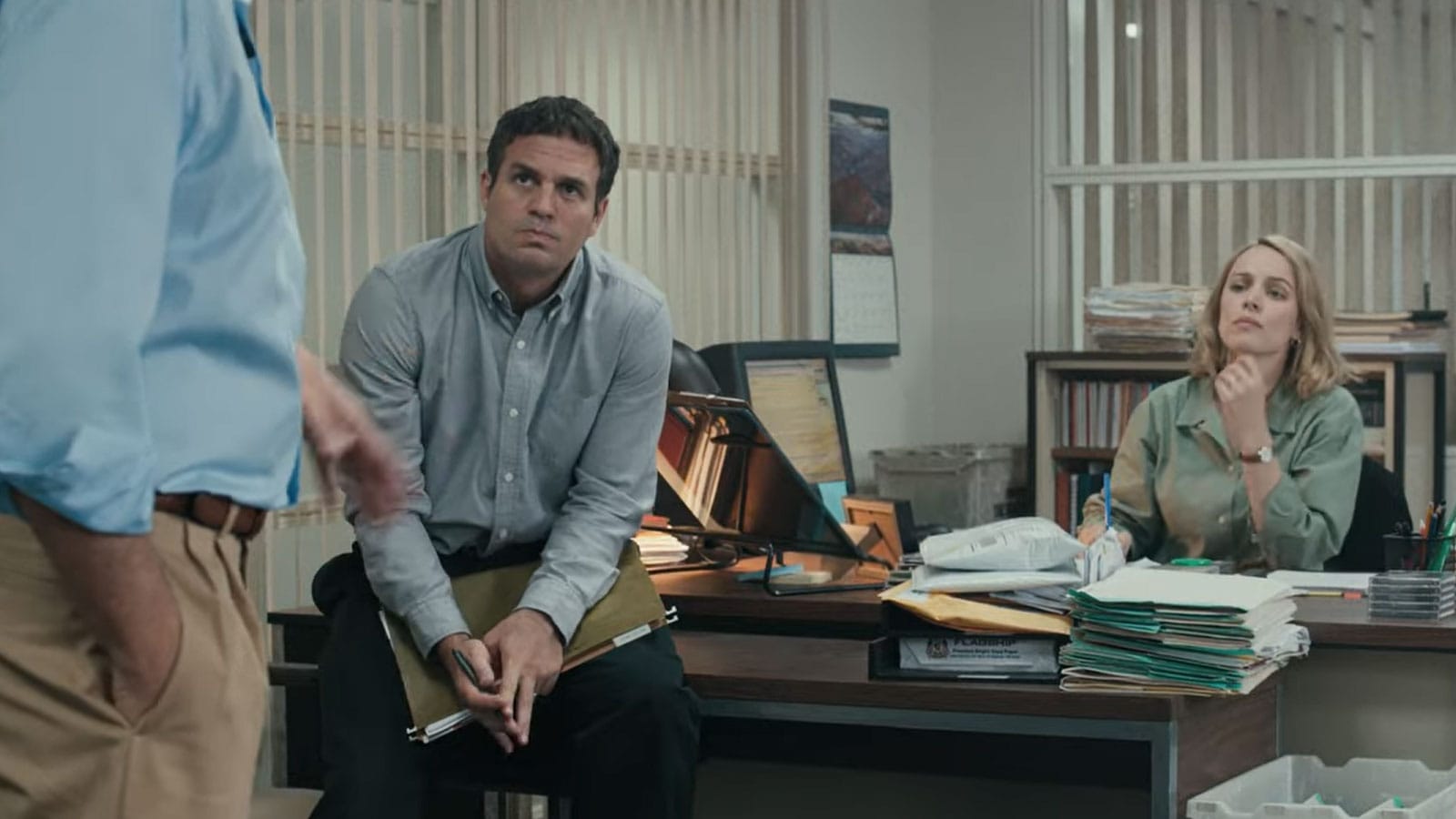 The Peruvian Harpie, public domain
Today: Julianne Escobedo Shepherd, writer, editor, and author of the forthcoming book Vaquera; and Felipe De La Hoz, journalism lecturer at NYU and member of the New York Daily News Editorial Board.
Issue No. 167Impregnable
Julianne Escobedo Shepherd Teaching on the Ramparts
Felipe De La Hoz
Impregnable
When I was growing up in the U.S. in the ’80s and ’90s, menopause was a punchline, the grizzled grandma of “PMS,” the butt of chauvinistic jokes on t-shirts and mugs. Women entering menopause were not to be trusted, their hot flashes and mood swings the full demonic realization of a snarling harpy on her period—but even worse, because she would soon no longer be of reproductive use. All this was and is of a piece with the culture of women’s worthlessness, which values fetuses over the humans carrying them, that tells elderly women that they are less worthy of love or attention than young ones, that tells the fat liberation movement it can finally stand down because oh, oh, oh, Ozempic.
All Fours, a novel by Miranda July about an artist’s journey through perimenopause, the saucy pregame of menopause, recently gave that unsettling condition a certain gloss of coolness. But menopause, which is the actual rager, remains a cultural mystery. I’ll repeat what feminists have been pointing out for decades: men have loads of medicine to ensure their dicks can get hard until they croak, and yet we barely know shit about the myriad health issues that affect half of the human population. (“Iron Woman,” a song about medical racism and sexism by the New York-based Motswana musician Lollise, has become my mantra on the subject.) Anyway, I am getting older. Truthfully, I never thought about any of these things until I was forced to, in my early 40s, when a kind coworker at the feminist website I used to run told me that my suddenly strange menstrual patterns were likely perimenopause. I had never heard of perimenopause until that moment, despite decades of feminist reading and, as previously noted, running a feminist website. I read what is to me the definitive book on menopause, Darcey Steinke’s Flash Count Diary: Menopause and the Vindication of Natural Life, and discovered that some scientists learn about menopause—“a big evolutionary puzzle”—by studying female orcas that have become “post-reproductive pod leaders.” They don’t lose their value, they assume a leadership position based on their experience. The symptoms of menopause are treatable, like the symptoms of pregnancy and erectile dysfunction, with medication if the condition becomes too much to bear. I suspect that I have now reached full-blown menopause—and aside from the hot flashes that feel like an uncontrollable radiator in a New York railroad apartment suddenly switching on inside my body, not too much has changed, though I’m still early in the process. Alongside hot flashes, aging has brought with it alopecia, something I’m still working through emotionally as I trawl the internet for remy wigs under $3,000 in between steroid shots to the dome. (Fun fact for my alopecia homies: if you have health insurance, some companies will pay for your “cranial prosthetic” with a doctor’s note.) The full gravity—the courage, the strength—of what Rep. Ayanna Pressley did when she took off her wig in public with my former colleague Jessica Moulite at the Root really hit me for the first time on a personal level. It’s hard, the loss of a physical characteristic that many associate with femininity, and you can medicate and Minoxidil till the cows come home but you have no real control over it.  Screenshot: YouTube Yet even the sorrow feels absurd, that somehow anyone might be considered less of who they are without certain hegemonic markers of gender—which is itself a bullshit construct, I think, as I watch my 53rd drag performer Insta Reel of the day. Sinead O’Connor rather famously shaved her head in order to throw off the yoke of music-industry men who liked her better wearing the gender markers of “femininity,” for which read conformity, for which read submission. “It was dangerous to be pretty,” she once said, “because I was raped and molested everywhere I went.” At the New School in 2014, I witnessed a famous conversation between the feminist scholar bell hooks and the actor and activist Laverne Cox, in which hooks questioned Cox’s specific gender presentation as a trans woman, which she termed as a “sense of a traditional femininity being called out and reveled in.” Cox calmly explained her choice to wear heels and Beyoncé wigs, and then examined the ways she played into the patriarchal gaze. “I don’t want to disappear,” she said, “and I think so often there is an erasure. And I’d like to add this is normative, hetero-normative imperialist, white supremacist, capitalist patriarchy, where there’s an erasure… of certain bodies and certain identities. And I have not ever been interested in being erased… So a lot of how I’m negotiating these systems of oppression… is perhaps buying into or playing into some of these ideas—of the patriarchal gaze, of the white supremacy.” In other words, Cox both loves her gowns and knows she’s playing the game in the service of larger truths—one of which is survival in a transphobic patriarchy. Playing the game and knowing it’s rigged is something a lot of us do. And when it ends by no choice of our own, it can feel as though there has been a death, even and maybe especially if we are well aware the game we’ve been playing is a lie. The whole thing is rather embarrassing, really; the veil lifts and we’re all just mounds of flesh. Still. I have never wanted children, and am thrilled to dispense with tampons and the various methods of birth control I’ve been chained to since teenhood. (And not to be TMI, but becoming impregnable has made me even hornier, a fact I’m only telling you in direct contradiction of the notion that menopausal women are shriveled-up crones.) It’s the hair that’s really getting to me. I began googling “Mexicans with alopecia,” hoping to find someone—a TikToker, a feelings blogger, anyone—I could latch onto. I realized that, once my balding has progressed and with a proper combover and some gel, I could probably approximate an Edgar, were I so inclined. And then I naturally go to guilt, a Catholic rap on the wrist, guilt that I’m feeling sorry about myself, when so many people are suffering, when I have had the enormous luck and fortune to even make it to the age that I can experience menopause. But again, it’s all of a piece, the devaluation is pervasive and global, and it follows all women, every moment of our lives; guilt and shame turns to defiance. “Hope is essential,” Steinke concludes, having first observed that “one of the clear gains” of menopause was “a resurgence of my fierce little-girl self. My passion, taken up for a while with the domestic, now lasers out into the wider world. My sense of injustice is sharper and I want to resist.”
FLAMING CONGRATULATIONSAnd fiery cheers for Hydra Kim Kelly, who has sold a young readers edition of her book, Fight Like Hell!
Teaching on the Ramparts Screenshot from the film Spotlight (via YouTube) It’s nearly three weeks into the semester, and I’m no longer overwhelmed by that sense of full-body tingling apprehension I got the first time I found myself before the attentive eyes of a group of people to whom I had a responsibility to provide wisdom and orientation (and the first class I ever taught was on Zoom, making matters far worse). I’ve developed a more reflexive ease with the practice of teaching, which is a skill of its own, sharply distinct from the practice of my subject, which is journalism; yet every semester a kind of dread tugs at the back of my brain stem, hissing for my attention: What am I letting these people in for? Once in a while, I’ve described my teaching career as training the crew for an already-sinking Titanic. I’m walking them through the proper ballast levels and the mechanics of steering as the water pools around our ankles, and fellow passengers douse us as they tear frenziedly past. I know where the lifeboats should be, but I don’t know if they’re still there, or if they were ever installed, or if they’ve been scuttled or already been taken off in by people who never thought about us. We teach a lot of theory and practice that is deeply useful, but the curriculum doesn’t strictly incorporate real industry dynamics and the workflow of navigating the contemporary media landscape. Every semester I find some time to dig into the basics of reading contracts and haggling over pay; I explain how to pitch succinctly and rebuff mission creep. You will spend some of your career freelancing, inevitably, I explain. So develop editor relationships and carve out your own niche, as best you can. About a decade ago, I was in a class taught by longtime media critic Jay Rosen, whose occasional tip into smugness and dearth of practical journalistic experience engendered much teeth-gnashing among his detractors. Some of the grousing was based in genuine disagreement, but plenty of it was sheer annoyance at his simple and, in my view, generally correct analyses of how we were all shooting ourselves in the foot. Rosen’s familiar critiques included the cannibalization of reader trust, conditioned by the business side’s hunger for both-sides-ism; stultified institutions governed by a sort of fretful inertia; the attention economy grinding down readers’ ability to focus, and so on—but it was the first time I’d really heard anyone say these things. That semester, we spent the time researching the New York Times’s efforts (or lack thereof) to adapt to the digital age, with everyone taking a slice of the picture to be compiled into a final report that we presented to Times executives at the iconic Midtown skyscraper. At the time, I figured this presentation was something of a favor the bigwigs were doing for Jay; a chance for us to feel like our little project had teeth, courtesy of the sages at the paper of record. It didn’t really occur to me until much later that these professionals might be genuinely curious to hear what a bunch of digital-native aspiring journalists had to say about their operations because they really had no idea what the hell they were doing. That they’d treated the violent shocks to an industry that had operated largely unchanged for decades in the way one might ignore the symptoms of a malignant tumor.
This semester, for the first time, there’s an AI policy in our journalism syllabi. It’s intended to govern how my students use so-called “AI” (meaning, fancy probabilistic sentence prediction) in their research and writing, though I’ll likely take some time to discuss, in plain terms, how the glazed-eyed morons who oversee much of our industry will clap like seals at the prospect of a robot that can write semi-literate babble about the best blenders to try RIGHT NOW, with the maximum of approved affiliate links. That will require me to tell my students in plain terms that the sum total of their efforts is regarded by these overseers as “content,” and that this content can come from anywhere, because its quality and characteristics are irrelevant; it’s all grist for the ad-selling business, which itself exists as a kind of race to the bottom, as dictated by the Caesar-like tech giants who make the rules. It’s a special kind of hell, to keep training people for this field while looking out on the processions of ravenous VCs and vapid pick-me managers sharpening their knives to carve up what’s left, all of them convinced that they are—as Megan Greenwell once put it in a seminal essay after having been forced out of the already-dismembered Deadspin—“the adults in the room.” Losing always sucks but it sucks even worse when it’s against people who never bothered to learn the game and just bought the league. In this game, the concept of shared reality and the check on power are lost to society along with this industry, not that the public itself seems to be noticing much so far. Everyone wants to know what’s going on around us, to try to find order in the chaos of existence. The desire for that social and intellectual nourishment has been sated by the high fructose corn syrup of recursive outrage opinion, propaganda, and “news” as filtered through stacks of intermediaries clipping soundbites and farming engagement. I’ve had my own students—college students in a journalism class—tell me they get the bulk of their news third- or fourth-hand from TikTok summarizers and assorted influencers, to the point that they literally can’t actually tell me where the information originated. This is where I might say fuck it, I quit, fuck the outlets and the managers and the owners and the readers, it’s pointless, I’m throwing in the towel. Sorry to be an insufferable ’80s movie team captain, but there’s not a chance we’re letting the assholes win. All this gluttony for “content” is laid atop a genuine want, a need, to be informed, to think critically, to connect with others, to know more—practically a biological, evolutionary need. I’m going to keep teaching these students because we need them. They need to be part of news, to care about it, to not only consume but feel invested and shape it so it represents and analyzes and exalts their lives, because there is simply no other choice. Without journalism and without them, we’re fucked, and despite the draw of fatalism, to give up on this principle is the easy way (no shade to the many talented journalists who have been simply unable to make this industry work in a practical sense). At long last, despite all the ink spilled over The Future of Journalism, it might turn out that what we needed for sustainable media was people paying directly to read work that reporters, essayists, and critics they trust are producing, without bloodthirsty shareholders and self-satisfied tech overlords in the way. We have to build it together. At some point, people do notice when they’re getting just the facsimile and are starved for the real thing. What we have to do is reestablish the connection, remind them that there are places to get it, places like this very website and other worker-owned or community-minded outlets of hard news, criticism, analysis, essays, and so on. The old gods are dead, but we don’t have to bury ourselves with them.
Dazzle your fans in a Flaming Hydra t-shirt.
|